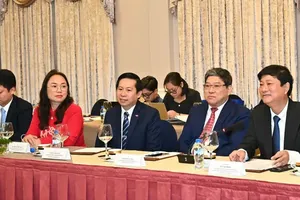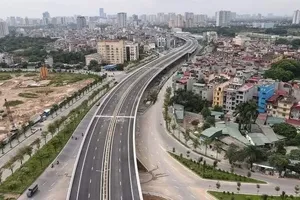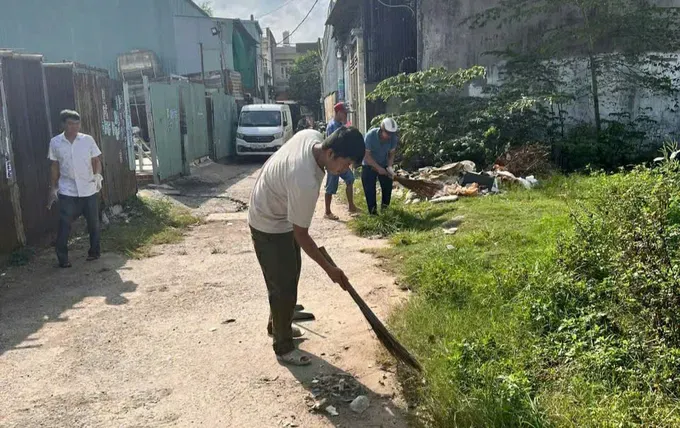
According to the plan, the Ho Chi Minh City People’s Committee has outlined eight key tasks aimed at preventing and resolving environmental pollution within the city.
Firstly, efforts will be intensified to improve institutional frameworks and clarify the responsibilities of government levels and leaders in directing the implementation of environmental protection policies and laws. The Ho Chi Minh City People’s Committee has assigned heads of departments, agencies, and chairpersons of the People’s Committees of communes, wards, and special zones to strictly enforce environmental protection policies, regulations, and laws within their jurisdictions. Additionally, a thorough review of legal provisions will be conducted to remove institutional bottlenecks, ensuring timely and effective resolution of urgent environmental issues, particularly pollution in urban areas, craft villages, river basins, and irrigation systems.
Secondly, Ho Chi Minh City will promptly conduct inspections of entities suspected of violating environmental laws and strictly handle any violations.
Thirdly, the city will review and publicly disclose the list of production facilities, urging them to complete the installation of continuous automatic environmental monitoring systems. It will also publicize the content and progress of environmental programs, projects, and initiatives.
Fourthly, the city will proactively deploy an environmental surveillance camera system alongside an automated, online water resource monitoring system. The city's police have been assigned to lead and coordinate with the People’s Committees of communes, wards, and special zones, as well as relevant agencies, to invest in, install, and effectively operate security and surveillance cameras to support the detection and handling of environmental law violations.
Fifthly, efforts will focus on addressing and mitigating pollution sources in contaminated areas and at polluting facilities. Support will be provided to these establishments to ensure thorough remediation. Additionally, investment will be promoted in green transformation across sectors, emphasizing waste recycling reduction through a circular economy model and the production of environmentally friendly products.
Sixthly, studies will be conducted to propose increasing environmental protection fees on wastewater or adjusting the pricing of drainage and wastewater treatment services. A mechanism will be established to ensure that these funds are allocated for the investment, construction, and operation of centralized wastewater collection and treatment systems.
Seventhly, maximum resources will be mobilized to accelerate the implementation of programs, projects, tasks, and solutions aimed at environmental protection in order to achieve the targets for pollution control and remediation set out in the 2020–2030 Environmental Pollution Reduction Program, particularly goals related to water and air quality.
Eighthly, efforts will be strengthened to promote policies and laws on environmental protection, raise public awareness, and encourage community participation in safeguarding the environment.
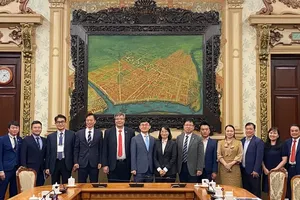
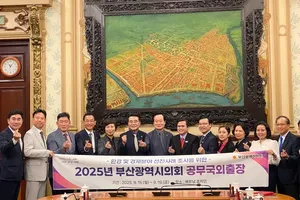
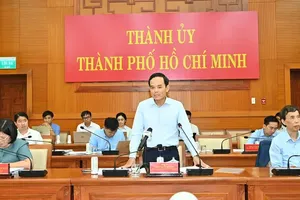


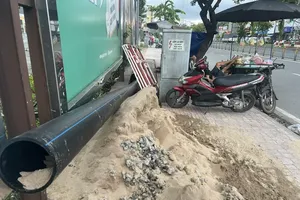
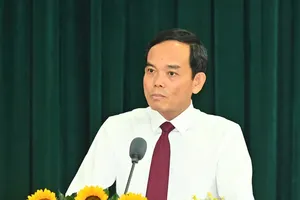
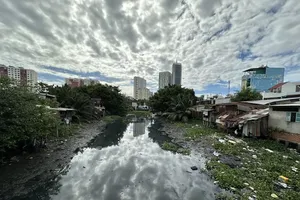
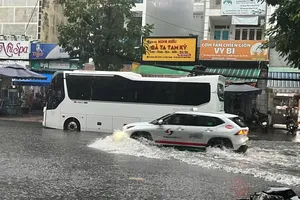
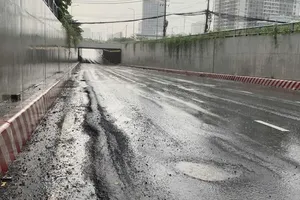
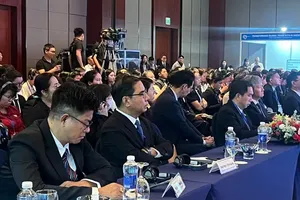
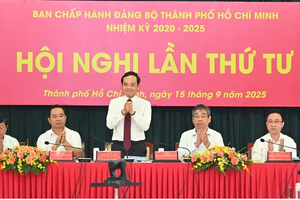

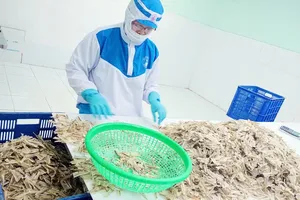
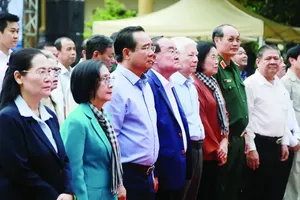
)
